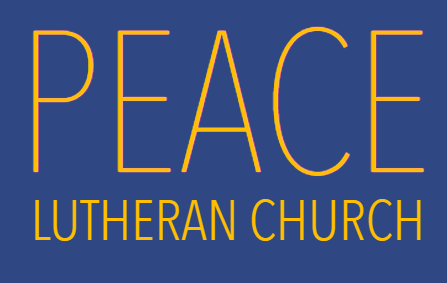Lutheran History
In the 16th century, Martin Luther, a German monk, became aware of differences between the Bible and church practices of the day. His writings, lectures and sermons inspired others to protest church practices and call for reform.
By the late 1500s the Reformation had spread throughout Europe. Followers of Martin Luther’s teachings were labeled “Lutherans” by their enemies and adopted the name themselves. Lutheran beliefs became widespread, especially in Germany and the Scandinavian countries (Norway, Sweden, Denmark, Iceland and Finland), later spreading throughout the world as early explorers took their faith with them on their voyages.
What do Lutherans believe?
Lutherans believe in the Triune God. God created and loves all of creation — the earth and the seas and all of the world’s inhabitants. We believe that God’s Son, Jesus Christ, transforms lives through his death on the cross and his new life, and we trust that God’s Spirit is active in the world.
We are part of God’s unfolding plan. When we gather for worship, we connect with believers everywhere. When we study the Bible or hear God’s word in worship, we are drawn more deeply into God’s own saving story.
The convictions shared by Christians from many different traditions are expressed in statements of belief called creeds.
These ecumenical creeds that Lutherans affirm and use in worship confess the faith of the church through the ages and around the world.
Check out this ELCA teaching page for more information.
What is the ELCA?
The Evangelical Lutheran Church in America resulted from a union of three North American Lutheran church bodies: The American Lutheran Church, the Association of Evangelical Lutheran Churches and the Lutheran Church in America.
The three churches agreed to unite in 1982. They formed a 70-member Commission for a New Lutheran Church, which planned the merger. The plan was approved by church conventions in 1986, and the ELCA constituting convention was held April 30-May 3, 1987, with the church actually beginning operations on January 1, 1988.
More information on the ELCA’s history, organization, and demographics are at the ELCA.org website.
